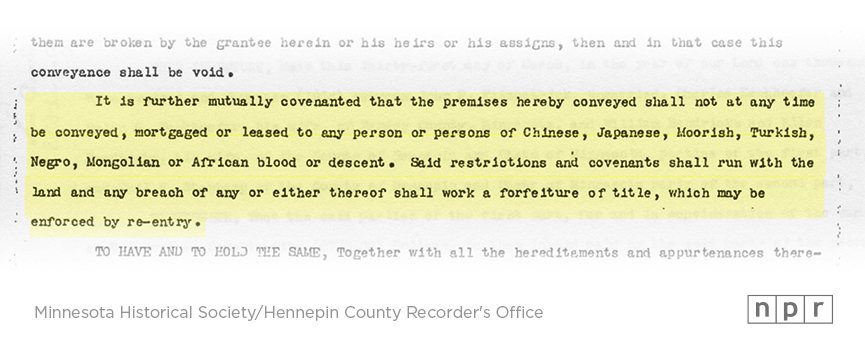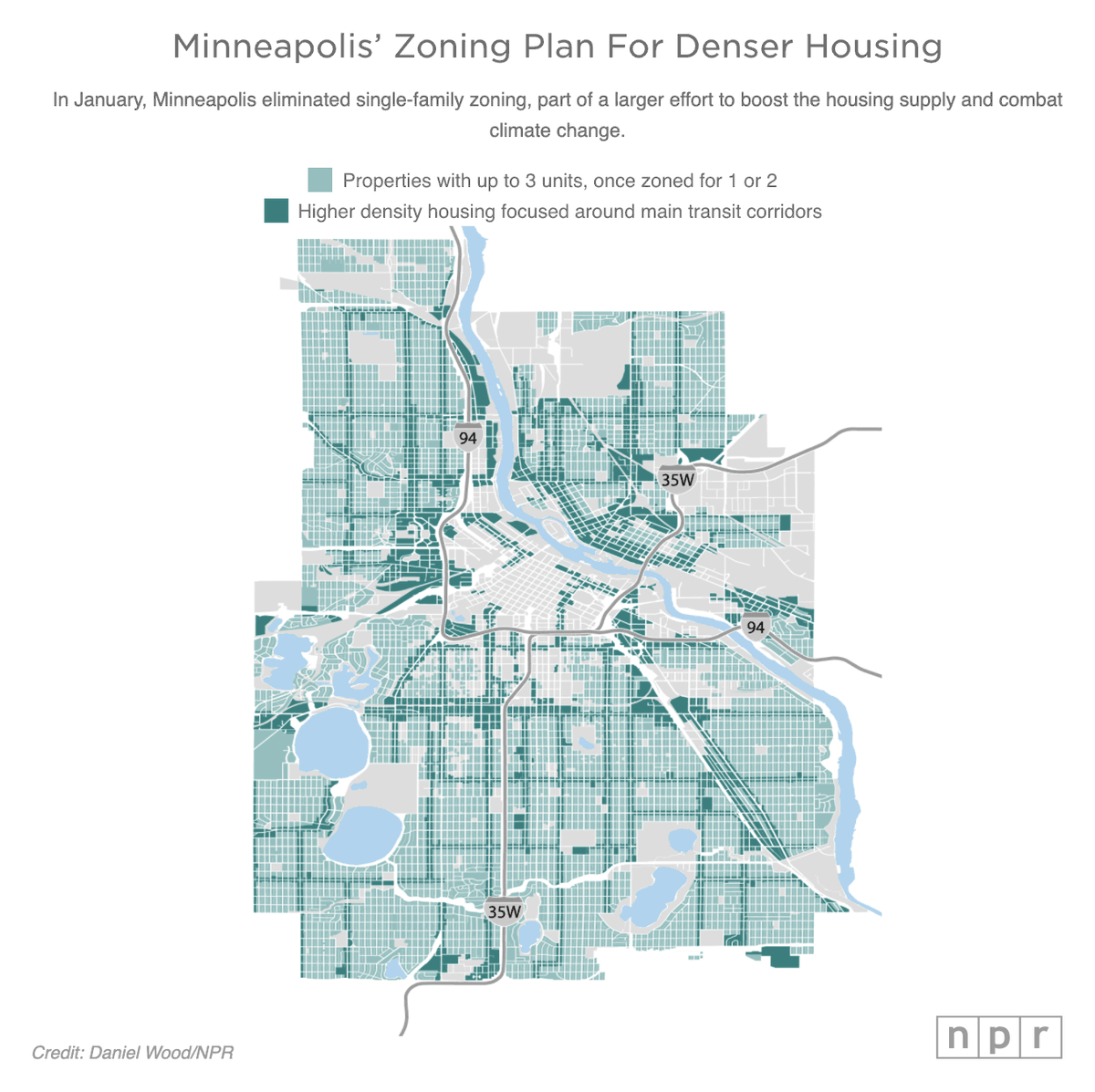That helped create a foundation for one of the biggest racial wealth gaps of any major U.S. city. trib.al/vCUjrJ1

The effects were visible in just a few decades.
African American residents, who had been living across the city, were displaced and moved into fewer and fewer neighborhoods.
City and state planners bisected the areas with freeways, as the interstate highway system was constructed in the 1950s and ‘60s.
White residents are also 3 times more likely to own their homes than black residents.
To make the plan a reality, community groups say Minneapolis city leaders will have to make unprecedented new commitments to affordable housing.
Still, she's hopeful — and plans to make sure the voices of disadvantaged communities are centered in the city's rebuilding effort. trib.al/vCUjrJ1









